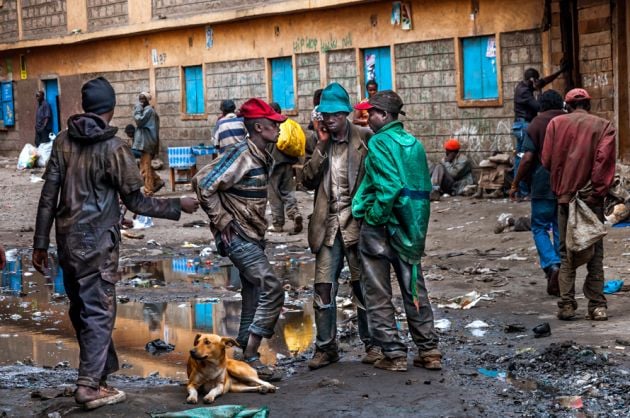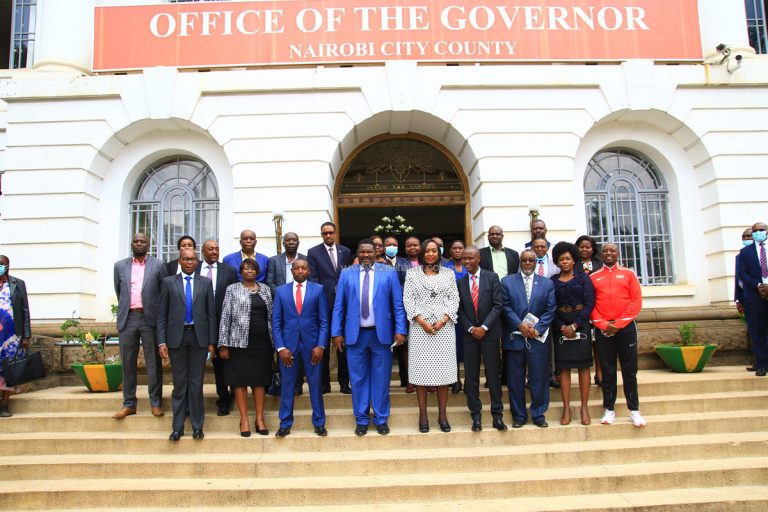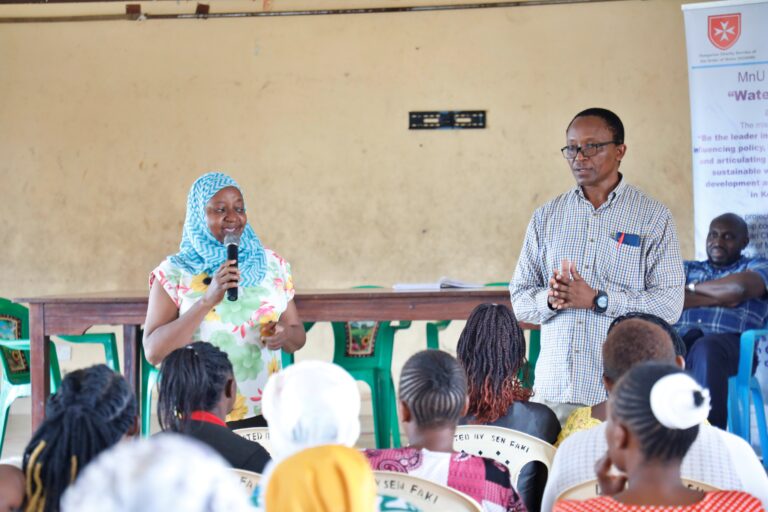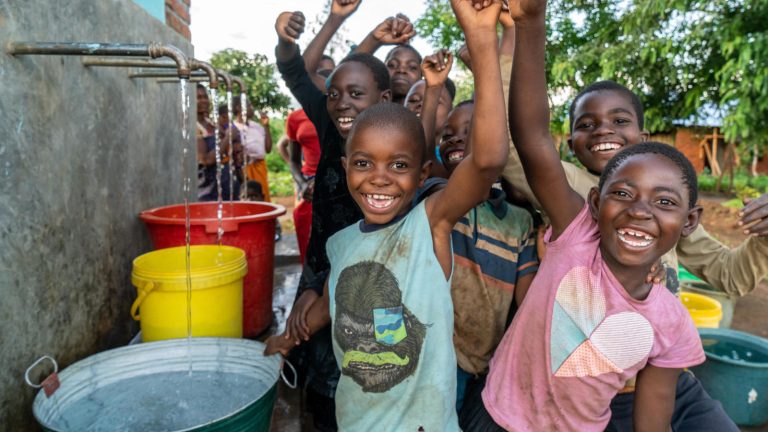A virtual meeting between the University of Chicago’s Professors Anup Malani and Adam Chilton and the Maji na Ufanisi team led by Steve Kariuki, Executive Director/ CEO, occurred earlier this week.
The meeting aimed to discuss how the two organizations could collaborate to gather more data on low-income settlements in Kenya.

Maji na Ufanisi, which focuses on clean water, sanitation, and hygiene (WASH), has over 27 years of experience working in Kenya’s major slums. Meanwhile, Professors Malani and Chilton are working on a project titled “Quality of Life in India’s Slums” at the University of Chicago.
The research findings will help inform intergovernmental organizations such as the UN, donor communities, donor countries such as the EU and US, and national governments such as the governments of India and Kenya. The information will be used to alleviate the quality of life in slums across the globe.
During the meeting, the two organizations discussed ways to collaborate and gather more data on the quality of life in low-income settlements in Kenya. They aim to conduct surveys and collect data on factors such as access to clean water, sanitation, and healthcare, as well as the prevalence of diseases such as cholera and diarrhea.

Professors Malani and Chilton also shared their research methodologies with the Maji na Ufanisi team. They discussed how the team could implement these methodologies in their data collection and analysis processes.
In addition to data collection, the two organizations discussed the possibility of joint advocacy efforts. They plan to work together to raise awareness about the poor living conditions in slums and advocate for policy changes to improve the quality of life in these areas.
The collaboration between the University of Chicago and Maji na Ufanisi has the potential to significantly improve the quality of life in slums across Kenya and other parts of the world.
By sharing their expertise and working together, the two organizations can collect more comprehensive data and advocate for policy changes that will make a real difference in the lives of millions of people.



